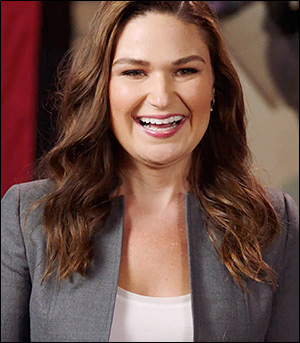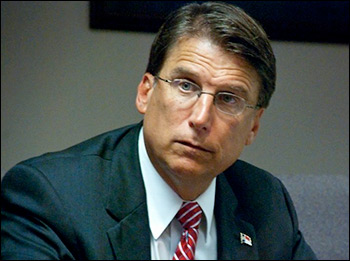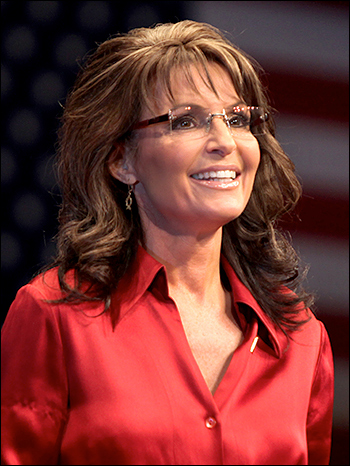By Jim Ellis
April 14, 2022 — Just a month ago, some analysts and activists were questioning North Carolina Rep. Ted Budd’s (R-Advance) US Senate campaign even to the point where speculation was building that former President Donald Trump was about to pull his endorsement.The tables have rapidly turned.
The fifth consecutive statewide survey was published Tuesday showing Budd leading former Gov. Pat McCrory as the two begin the final month of campaigning prior to the May 17 Republican primary.
Survey USA published their latest study (April 6-10; 593 likely North Carolina Republican primary voters, online) projecting Rep. Budd to a 33-23-7-2 percent advantage over McCrory, former US Rep. Mark Walker and author Marjorie Eastman. Since March 22, four other pollsters have published similar numbers. The McCrory camp has yet to counter with different figures.
Vitale & Associates was the first since early January to find Budd leading the race, a 32-29 percent margin over the former governor according to their March 22-23 survey of 504 North Carolina Republican primary likely voters.
The margin started gelling for the Budd campaign this month when three successive surveys gave the congressman double-digit leads. Cygnal, Emerson College, and WPA Intelligence — all published just before the new Survey USA study — staked Rep. Budd to leads of 11, 16, and 13 percentage points, respectively, in their polls conducted between April 1-5.
The turnaround is not particularly surprising. In relation to the Trump endorsement, early polling consistently showed the political horse race changing when the respondents were informed that the former president supported Budd. Though trailing McCrory in the initial ballot test, the fact that the two candidates flipped just on the knowledge of Trump’s endorsement was an early indicator that the former governor and fourteen-year Charlotte mayor held underlying political weaknesses.
The other clue suggesting McCrory could potentially collapse was the fact that 35 percent was his high-water mark in any of the 12 surveys results released since Jan. 5 and he only averaged 27.7 percent in those dozen polls. This, for a former governor before his own political party.







